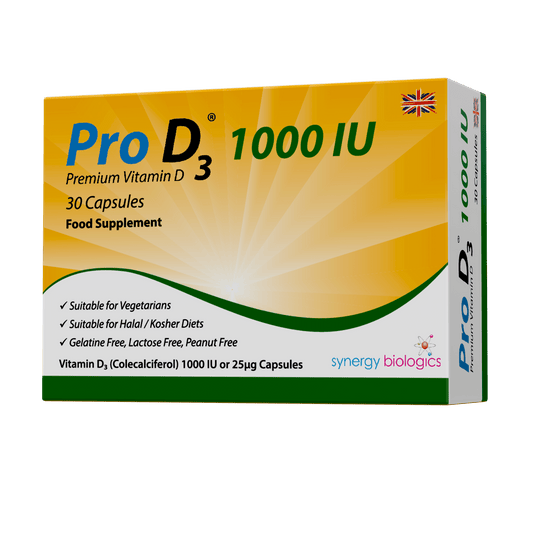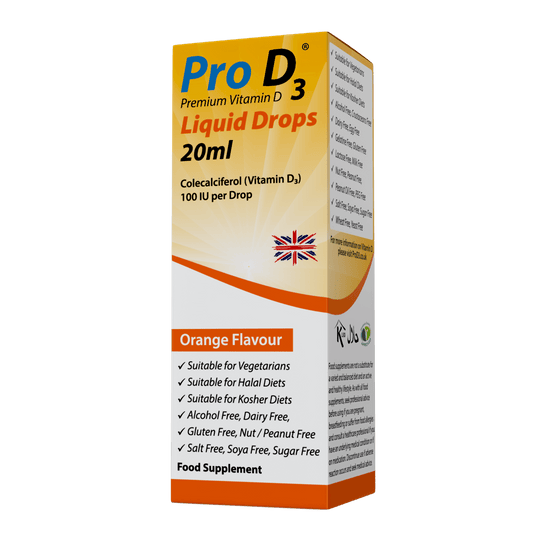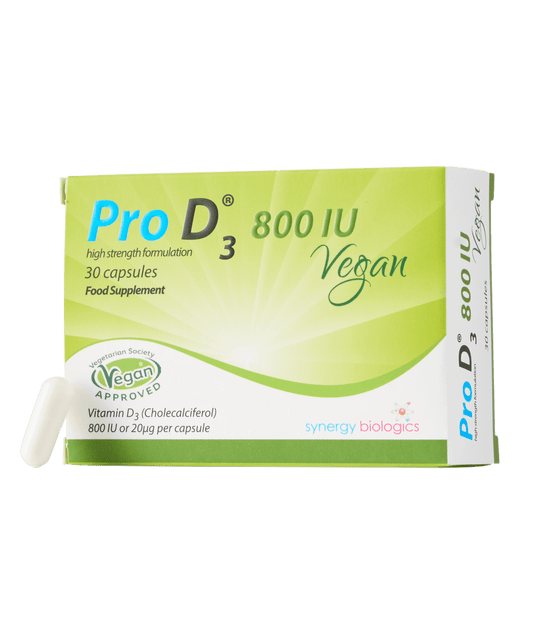Scotland faces a unique challenge in ensuring adequate Vitamin D levels among its population. This blog post explores why Vitamin D deficiency is more prevalent in Scotland compared to other regions of the UK and delves into the Scottish health department's recommendations for supplementation.
The Prevalence of Vitamin D Deficiency in Scotland
Scotland's geographical positioning plays a significant role in the higher rates of Vitamin D deficiency observed among its residents. Located at a northern latitude, Scotland receives less direct sunlight, especially during the long winter months. This reduced sunlight exposure limits the body's ability to naturally product Vitamin D.
Factors Contributing to Deficiency
- Limited Sunlight Exposure: Scotland's higher latitude means that during many months of year, the sun's rings are not strong enough for the skin to synthesise Vitamin D effectively.
- Longer Winters: Scottish winters are lengthy and darker, further diminishing the opportunity for natural Vitamin D synthesis.
- Cultural and Lifestyle Factors: Indoor lifestyles, use of sunscreen and clothing that limits skin exposure can also contribute to lower Vitamin D levels.
- Dietary Sources: While certain foods contain Vitamin D, it's challenging to get sufficient amounts from diet alone, particularly in regions with limited access to fresh, vitamin-rich foods.
Scottish Health Department's Recommendations
Recognising the challenges posed by these geographical and lifestyle factors, the Scottish health authorities have issues specific recommendations. They advise that all residents, particularly those living in Northern Scotland, consider Vitamin D supplementation throughout the year.
Key Recommendations
- Year-Round Supplementation: Due to limited sun exposure, it's recommended that individuals in Scotland supplement with Vitamin D daily, throughout the year.
- Dosage Guidelines: The exact dosage should be based on individual needs and medical advice. However, a general guideline is provided for different age groups and health conditions.
- Special Consideration for Vulnerable Groups: Pregnant women, infants, the elderly and those with darker skin are particularly encourage to adhere to supplementation guidelines.
- Balancing Safety and Efficacy: While acknowledging the importance of Vitamin D, the health department also emphasis the need to avoid the excessive intake, which can be harmful.
Addressing the Issue
Addressing Vitamin D deficiency in Scotland requires a multi-faceted approach. Alongside following the health department's recommendations, there's a need for increased awareness about the importance of Vitamin D and the risks of deficiency. Education campaigns, healthcare provider training and accessible supplementation options are crucial.
Additional, considering Scotland's unique needs, products like Pro D3 by Synergy Biologics, which cater to specific dietary and cultural preferences, can play a significant role in mitigating this health concern.
Conclusion
Vitamin D deficiency is a significant health concern in Scotland, largely due to its geographical location and resulting limited sunlight exposure. By adhering to the Scottish health department's recommendations and utilising suitable supplementation, residents can help ensure they maintain adequate Vitamin D levels, supporting overall health and well-being.
Please note: This blog post is informational and should not be considered as medical advice. Always consult with a healthcare professional for personal health recommendations.





